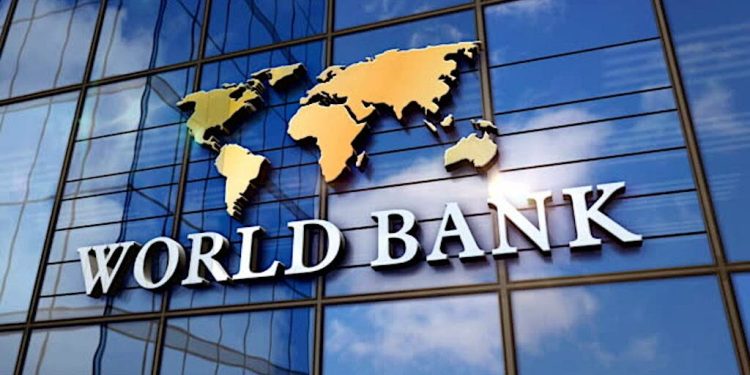Ghana’s impressive GDP growth of 6.8% annually from 2008 to 2019 was largely driven by oil production and debt accumulation, leaving the country highly vulnerable to global shocks. The World Bank’s Ghana Public Finance Review report 2024 highlights that Ghana’s development path, despite past successes, faces numerous current and future challenges.
Ghana made significant progress in reducing poverty, halving its poverty rate between 1991 and 2016 from 87% to about 50% of the population. However, this growth acceleration was sustained by increasing fiscal and external imbalances, which fueled debt accumulation. The total fiscal deficit averaged around 4% of GDP between 2008 and 2019, more than twice as much as in 2000-2007.
The report emphasizes that Ghana needs to address its debt accumulation and promote macroeconomic stability. This can be achieved through:
- Fiscal Discipline and Oversight: Entrenching fiscal discipline through a fiscal rule, effective spending controls, and better oversight of contingent liabilities.
- Domestic Revenue Mobilization: Sustainably enhancing domestic revenue mobilization to support Ghana’s development goals.
- Financing Mix Management: Carefully managing the financing mix to match the return on investment with financial costs.
- Investment Spending: Ring-fencing investment and prioritizing public goods spending on human development while addressing inefficiencies.
By addressing these challenges, Ghana can promote macroeconomic stability, reduce its debt burden, and achieve sustainable economic growth.




